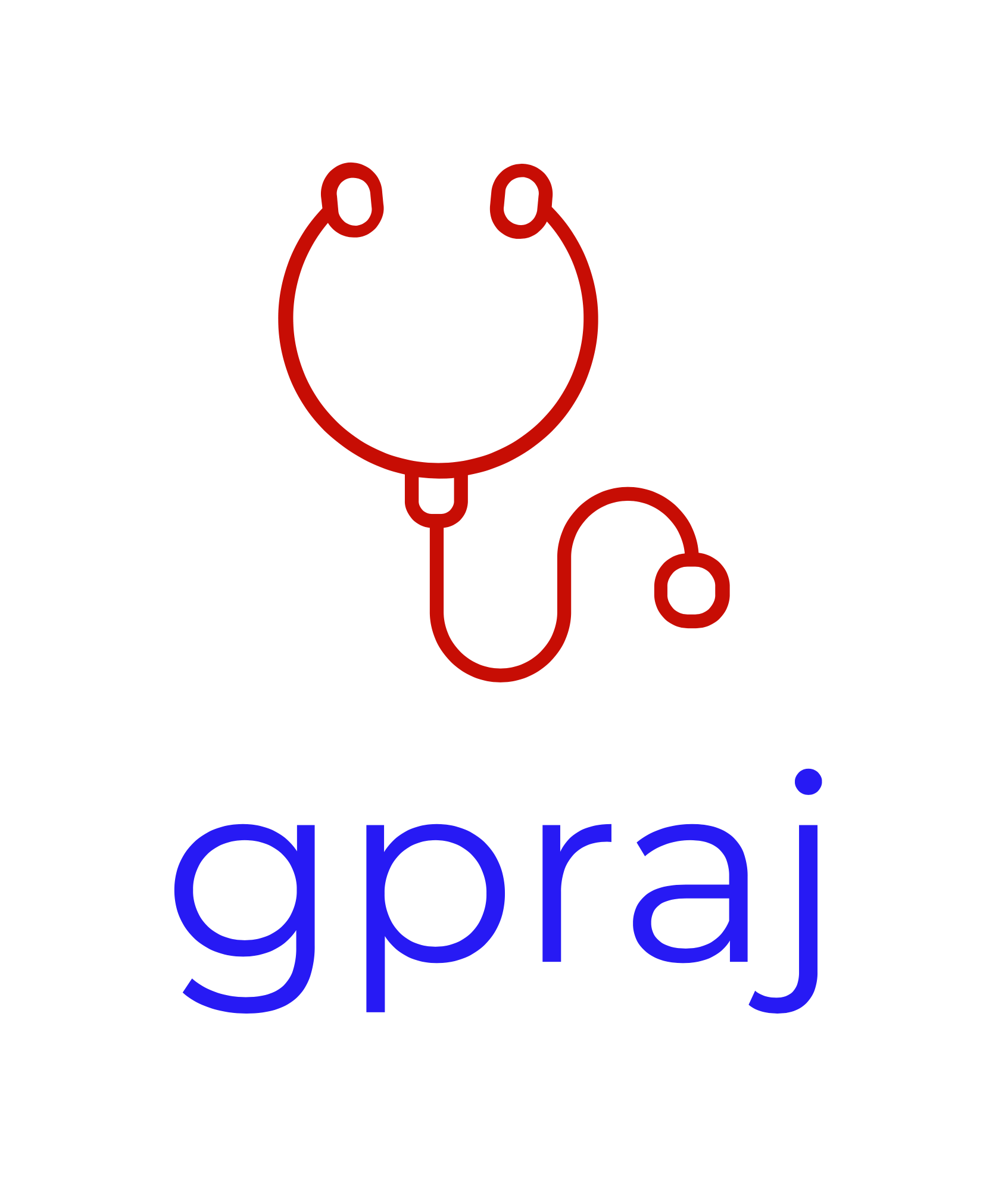GP contracts
NHS England pays for (commissions) GPs to deliver core health care services via contracts:
General Medical Services (GMS)
Personal Medical Services (PMS)
Alternative Medical Services (Alternative Provider Medical Services APMS)
The contract is made between the practice and a Primary Care Organisation PCO (NHS Commissioning Board in England).
In January 2019, NHS England implemented a number of changes to GP services to drive forward commitments made in the NHS Long Term Plan.
GMS contracts (nationally agreed contract)
Deliver core medical services and are agreed nationally.
The funding for the contract is calculated based on the practice’s registered list size with a fixed, nationally agreed, price per patient.
The GMS contract covers four main areas:
Medical services
Essential services –
management of patients who are ill with conditions from which recovery is generally to be expected for the duration of that condition (minor and self-limiting illness)
health promotion advice
referral to secondary care as appropriate
management of patients who are terminally ill
management of patients who have chronic disease (in the manner determined by the practice, in discussion with the patient).Additional services – Practices can opt out of providing additional services (however, this decreases the Global Sum payment).
Examples include
cervical screening, contraceptive services, vaccinations, child health surveillance, maternity services (excluding intrapartum care), and certain minor surgery proceduresOut-of-hours cover if not opted out
The Global Sum – covering the costs of running a general practice, including some essential GP Information Technology IT Services.
The Quality and Outcomes Framework (QOF)
Enhanced services (DES, NES, LES) – covering additional services that practices can choose to provide.
These services can be commissioned nationally or locally.
A payment is made for this extra ‘enhanced’ service.
PMS contracts (locally agreed contract)
Provide similar core medical services to GMS contracts AND may include extra health services for example, special clinics for homeless people in areas of high need.
PMS contracts make it possible to address specific local health needs.
The funding for PMS contracts is worked out locally.
Alternative Provider Medical Services APMS contracts
APMS contracts are contracts which can cover the provision of GMS as as well as other locally developed services for a specific patient group.
APMS contracts are provided under Directions of the Secretary of State for Health and Social Care.
APMS contracts can be used to commission primary medical services from traditional GP practices as well as others providers such as:
Commercial providers
Voluntary and community sector organisations
NHS Foundation Trusts.
Directed Enhanced Services (DES)-participation is voluntary
DES is offered to practices who hold GMS/PMS contract.
DES services are nationally determined
One of the major changes in the GP Contract 2018/2019 is the introduction of the Network Contract as a Directed Enhanced Service.
This will enable general practice to take a leading role in every Primary Care Network (PCN) and goes live on 1st July 2019.
The Network Contract is an extension of the core GP contract, rather than a separate contract, which must be offered to all practices.
Role of NHS England
NHS England’s’ relationship with GP practices is a contractual one whereby it monitors those services that GPs are contractually obliged (GMS, PMS, APMS).
NHS England also commission Directed Enhanced Services (DESs) over and above the essential services that GPs are contracted to provide.
The monitoring of contract performance requires GP practices to submit activity carried out e.g. number of vaccinations etc. to a national database which is later verified by the regional teams.
NHSE will retain the responsibility of performance managing individual GPs including the medical performers list and appraisal and revalidation of GPs.
Quality Outcomes Framework (QOF)
A quality based scheme that rewards GPs for the provision of quality care and helps to standardise improvement in the delivery of primary care
The Quality and Outcomes Framework (QOF) – covers two areas –
Clinical provides 425/549 points. Includes conditions such as Chronic Obstructive Pulmonary Disease (COPD), Diabetes mellitus and Hypertension.
Public health provides 124/549 points. Includes conditions such as BP screening, primary prevention of CVD, smoking prevention and additional services (cervical screening and contraception)
Engagement with QOF is voluntary, but most practices do choose to participate.
QOF measures practice achievement against evidence-based clinical, public health, quality and productivity and patient experience indicators.
Practices earn points according to their levels of achievement and payments are calculated on the points the practices achieve.
Carr-Hill Allocation Formula
Allocates payment to practices on the basis of the practice population, weighted for factors that influence relative needs and costs in order to reflect the differences in workload these factors generate.
This impacts on The Global Sum payment AND Quality Payment (QOF Achievement Payment and advance Aspiration payment)
Age-sex adjustment. Older people and children<5yr require more GP care.
Patients in Nursing and Residential Care generate more GP workload
High List turnover generate more GP workload
Standardised Limited Long-Standing Illness (SLLI) and Standardised Mortality Ratio<65y (SMR<65) explain workload variation over and above age and sex.
Staff Market Forces Factor (MFF) reflects geographical variation in staff costs
Rurality Rural practices have more costs
